Why virtual reality is big for business
Don't let the consumer hype put you off, VR has important business applications too
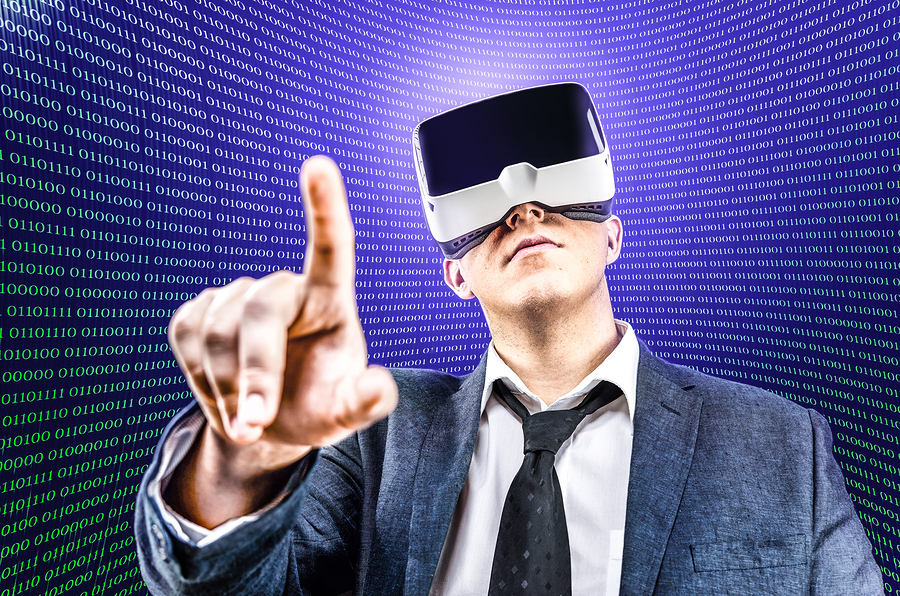
Sign up today and you will receive a free copy of our Future Focus 2025 report - the leading guidance on AI, cybersecurity and other IT challenges as per 700+ senior executives
You are now subscribed
Your newsletter sign-up was successful
Virtual reality has gathered a lot of interest within the last few years, and tech giants such as Samsung, HTC, Sony and even Facebook have all launched their own VR headsets. But one belief that's common in this area of technology is that it's only really suitable for gaming.
That couldn't be more wrong. Although VR products and applications offer gamers a more immersive gameplay experience, virtual reality is starting to make an impact in other areas. In fact, interest in VR is widespread, with companies and individuals in industries such as education, healthcare and hospitality all realising the benefits.
There's also broad appeal in the general business world. Firms are actively exploring ways they can integrate the latest VR products into everyday operations. This technology is beginning to help them streamline business processes, improve efficiencies and make staff more productive.
Revolutionising training
In today's interconnected world, it's almost impossible to shy away from the latest technology. Businesses around the world are using the latest connected technology to produce better results and stay ahead of the curve. Mobile products such as smartphones and tablets are great examples, but VR could be about to take over.
Tony Parisi, head of VR and AR strategy at Unity Technologies, believes VR has the potential to become as widespread as smartphones in the business world. He says companies can use virtual reality headsets for a variety of purposes, but training is currently one of the most promising use-cases.
"Eventually, VR will be as ubiquitous as the smartphone in offices. The first place we expect to see VR in the workplace will be for training. A huge range of industries can benefit from using technology to develop employee skills and cut down costs," he tells IT Pro.
Sign up today and you will receive a free copy of our Future Focus 2025 report - the leading guidance on AI, cybersecurity and other IT challenges as per 700+ senior executives
"Just consider industries like aviation, manufacturing, or medicine, where individuals could use VR to practice their roles and simulate various situations with zero potential of catastrophe, or in cases where access to large, expensive equipment may simply be out of the question.
"These types of training applications are already being built in VR, and we could see an explosion of VR training in the next few years, as VR-capable hardware systems ship in large numbers and costs continue to drop. By contrast, an idea that has generated a lot of excitement but will take quite a while to deploy commercially is teleconferencing in VR."
Combining VR with IoT
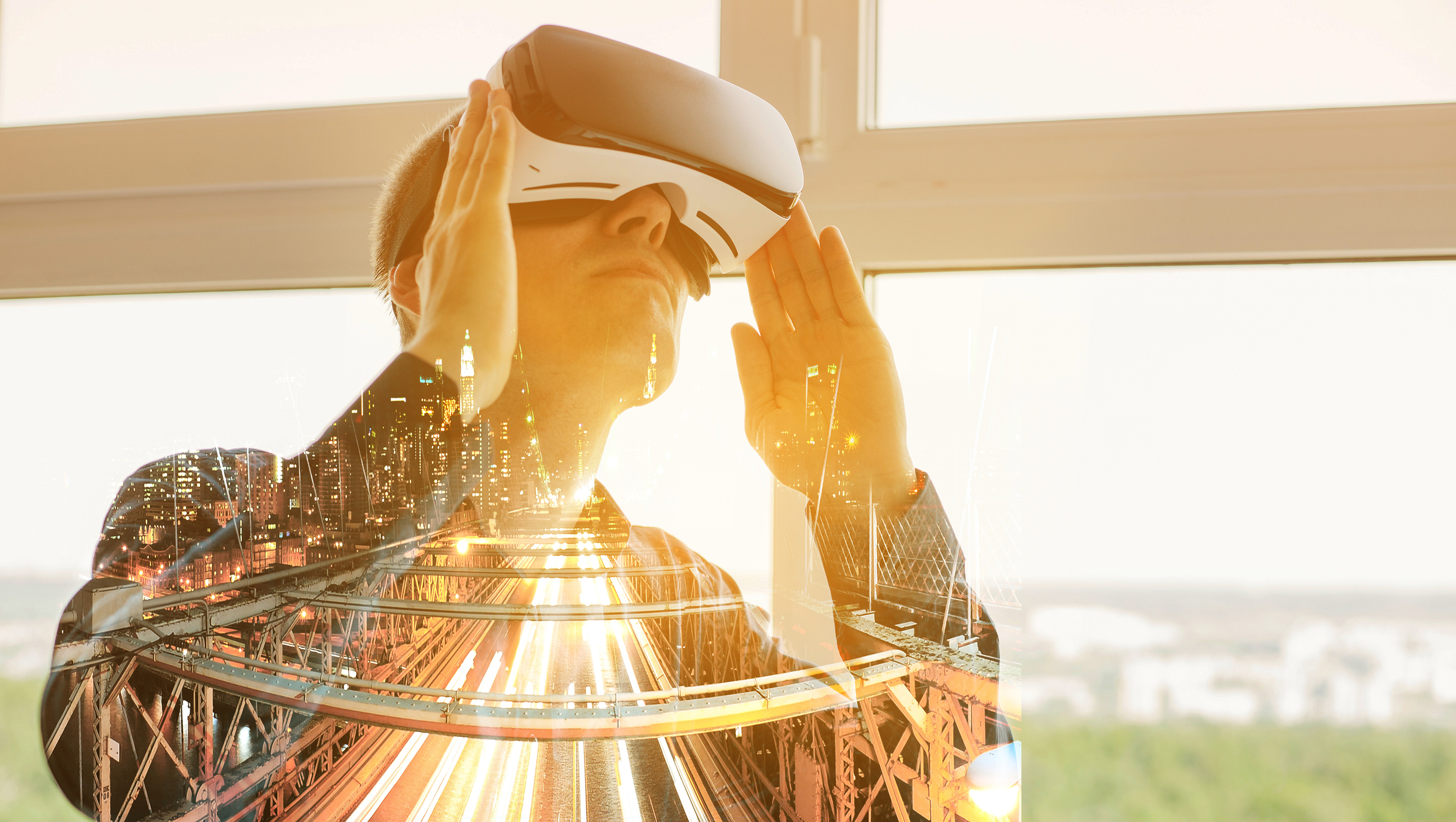
When businesses get larger and more focused, they can sometimes become opposed to change. Virtual reality is still a new area of technology and new possibilities are constantly emerging. There's a wide belief that VR presents businesses with a unique opportunity to create new experience for themselves and customers.
Chris Lawrence, UK and Ireland head of media at tech consultancy Cognizant, says that VR already offers businesses a range of possibilities but that more can be achieved when it's combined with the Internet of Things.
"VR has emerged as an application of choice across multiple industries, for bespoke experiences such as live events and to enhance the customer experience. A whole range of further possibilities will also open up once VR is combined with the IoT and sensor technology. The data gathered will be able to be 'seen' and acted on immediately, leading to the rise of entirely new businesses and jobs," he says.
"For example, a telecoms company can use IoT to monitor set top boxes, which allows for predictive maintenance and completely changes the business process. The telecoms provider does not have to wait for a phone call when a customer has a problem. Instead it calls its customer to say the box is about to fail and asks when they want to schedule maintenance.
"This can be taken to another level when VR is added to the process imagine if engineers could fix the box remotely using the technology. More and more of our everyday objects are connected to the internet, with sensors collecting data continuously, and once this sensor data is combined with VR technology, it's possible to create a fully immersive, shared and real-time experience whereby the 'screen' represents our reality."
Virtual working
There's now more pressure on businesses than ever before to be flexible and develop internal strategies to make the everyday working lives of their employees easier. The fact is, if employees aren't happy and feel like they have too many commitments on top of them, then they'll likely fail at their jobs. VR can change all this.
Angelo Di Ventura, director of end-to-end technology services provider Trustmarque, says companies can adopt VR solutions to introduce greater flexibility and more collaborative approaches into their daily operations. There's nothing stopping employees from accessing virtual work environments by chucking on VR headsets.
"Years ago, if an employee wanted to work then they had to be in the office, but the future of work is outside of the office and Virtual Reality solutions are one of the tools that will enable this shift. Colleagues want to communicate and collaborate with each other via channels outside of email and from whatever location they find themselves in," he says.
"Virtual Reality gives users another channel of communication that doesn't tie them to a single desk, and improves the quality of interactions. So while the vision of workers holding meetings with each other using virtual reality headsets (for example, Microsoft HoloLens or Oculus Rift) over a range of locations might sound like a vision from Star Trek, I have no doubt we'll see this type of initiative in business before too long."
Streamlining specialist tasks

Jeff Rubenstein, VP of product at video technology firm Kaltura, also takes the view that virtual reality will transform all aspects of business management and operations. He points out the potential of this technology being used to help professionals conduct specialist tasks in real-time. While such experiences may prove costly for companies, there'd be less risk and better safety involved.
"With a combination of VR headset and paddles, users can virtually manipulate tools to learn how to repair a specific defect in an apparatus, for example. This would obviously be expensive to do in reality, or in simulated dangerous conditions - such as during a fire, or underwater," he says.
"VR will also be used to enhance some aspects of work. For example, adding augmented layers on top of a live video experience will help to guide repair and maintenance workers. A diagram or repair instructions can be superimposed on a task, which is either being repaired directly in the physical environment or at a distance via robotics. Even things like tele-guided and VR-enhanced surgical procedures are on the not-too-distant horizon.
"It's also worth keeping a close eye on what's happening in VR in education. We're starting to see interactive courseware with VR features being used for aspects of learning for example, virtualised images of the human body, and engineering simulations. As students learn with these tools, they will expect them to be available in their workplaces after graduation, which will further drive adoption in the business environment of the future."
As can be expected, businesses can sometimes show a sense of distance when it comes to adopting new technologies and trends. Trying something new not only costs money, but it can be also be time consuming to weave into everyday business operations. But virtual reality, it seems, is worth those risks. Using VR technologies, companies can produce better results for everyone: staff, investors and customers. And there's no doubt that more possibilities will come to light as the technology evolves.
Nicholas Fearn is a freelance technology journalist and copywriter from the Welsh valleys. His work has appeared in publications such as the FT, the Independent, the Daily Telegraph, the Next Web, T3, Android Central, Computer Weekly, and many others. He also happens to be a diehard Mariah Carey fan. You can follow Nicholas on Twitter.
-
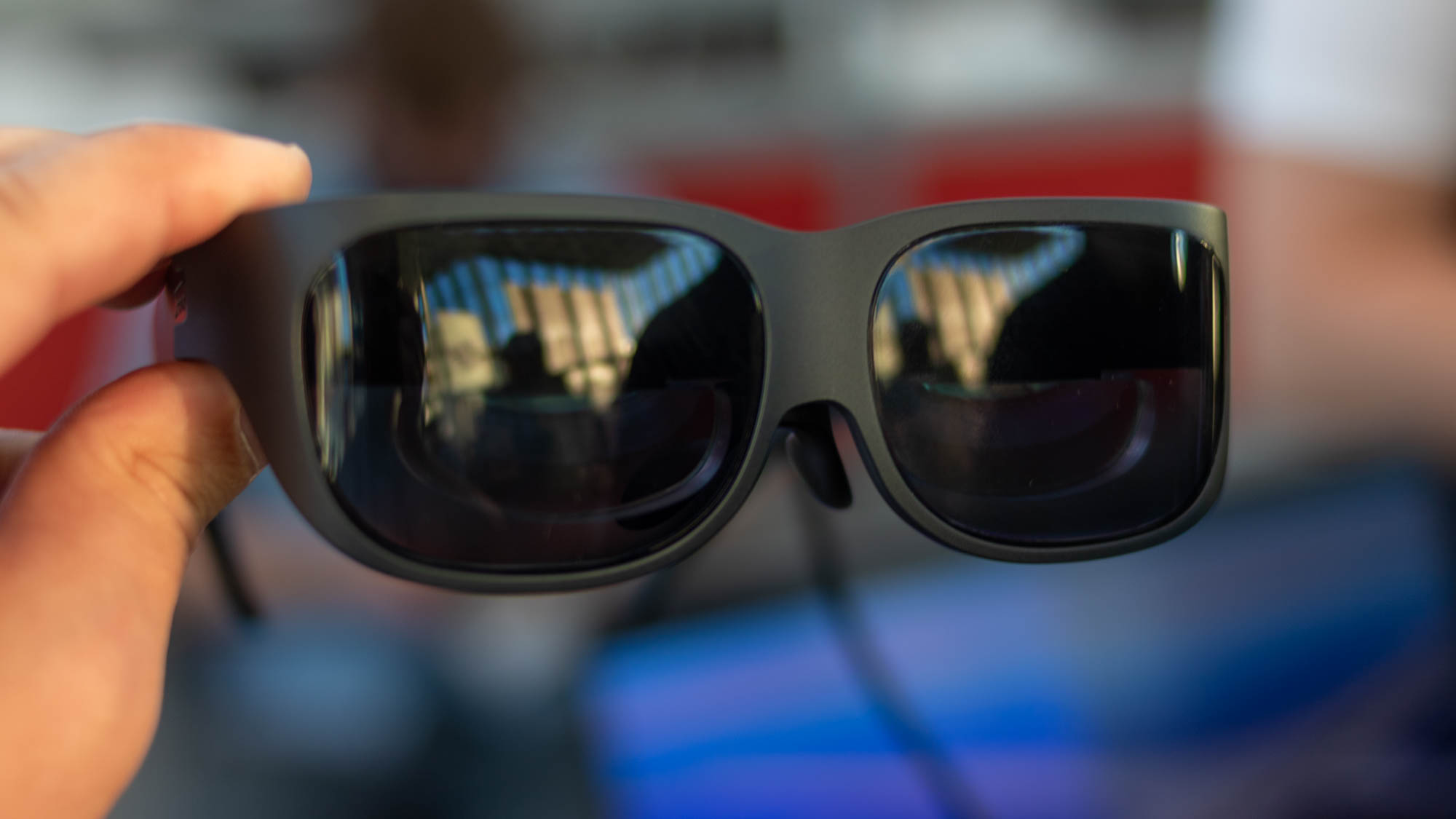 Has Lenovo found the ultimate business use case for smart glasses?
Has Lenovo found the ultimate business use case for smart glasses?Opinion Lenovo’s T1 smart glasses offer a virtual desktop that only you can see
-
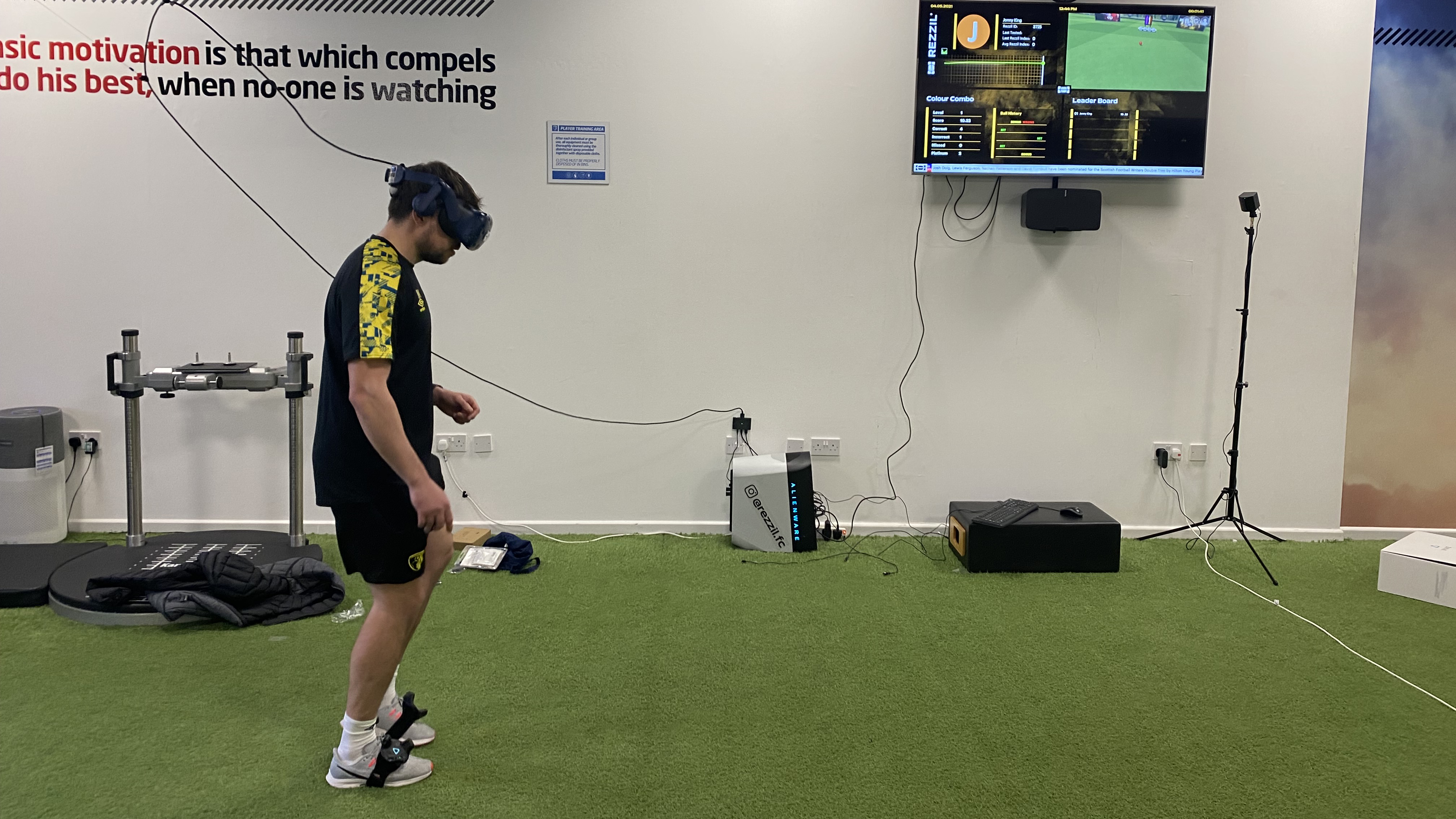 Virtual striker: Using VR to train Premier League stars
Virtual striker: Using VR to train Premier League starsCase Studies How one company is taking VR out of the boardroom and into the locker room
-
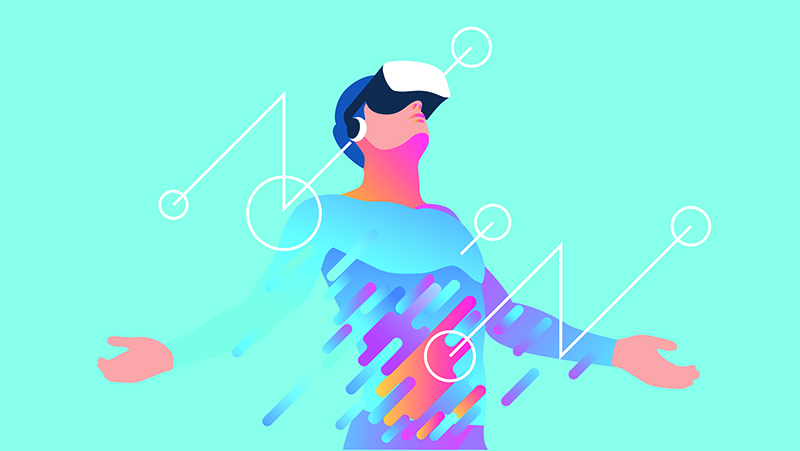 NeuPath and Cynergi will bring VR therapy to chronic pain management
NeuPath and Cynergi will bring VR therapy to chronic pain managementNews NeuPath will integrate Cynergi’s VR program with its remote pain management platform
-
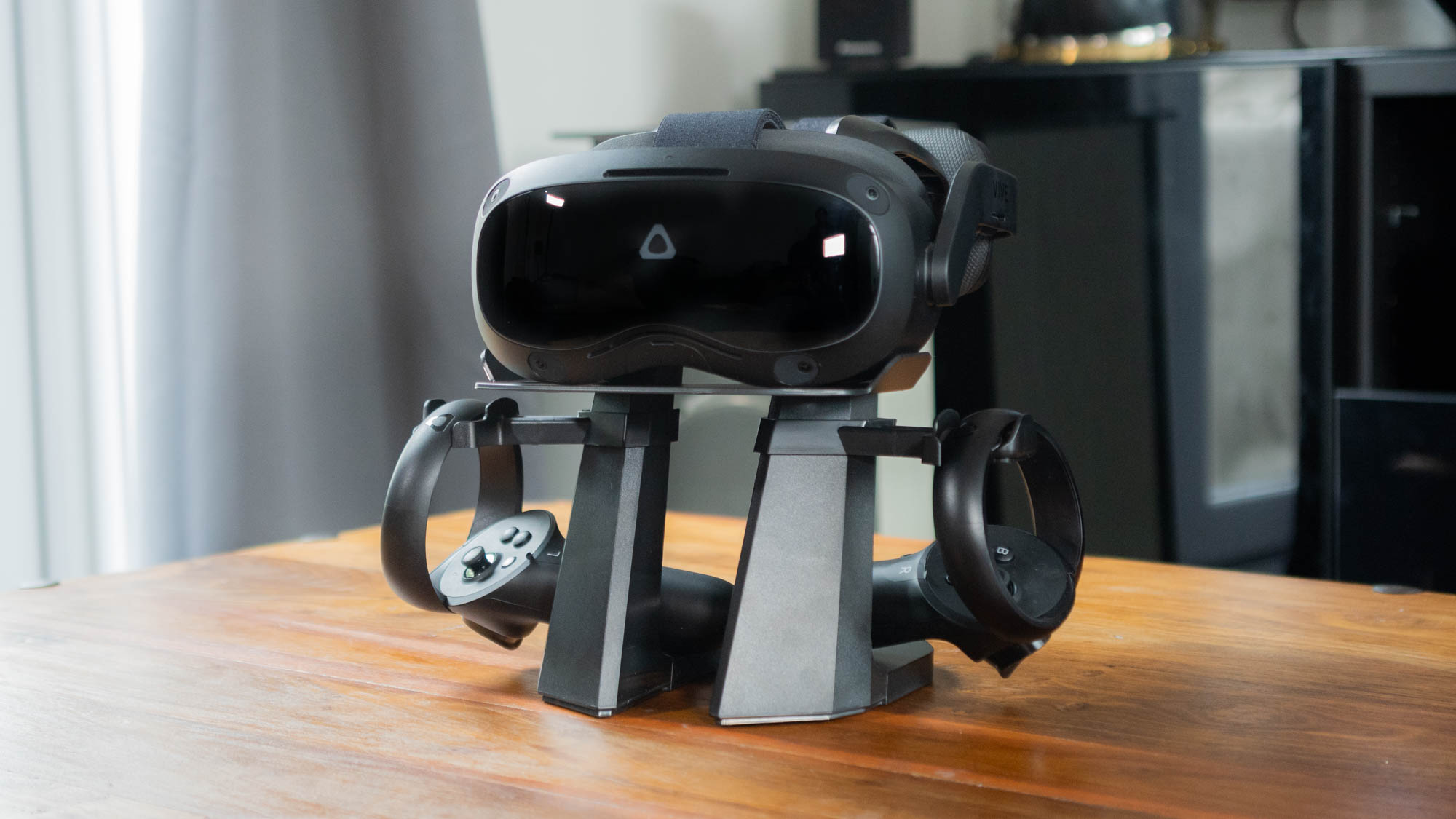
 HTC Vive Focus 3 review: The future of VR is here
HTC Vive Focus 3 review: The future of VR is hereReviews This smart and stylish headset is a leap forward for the technology
-
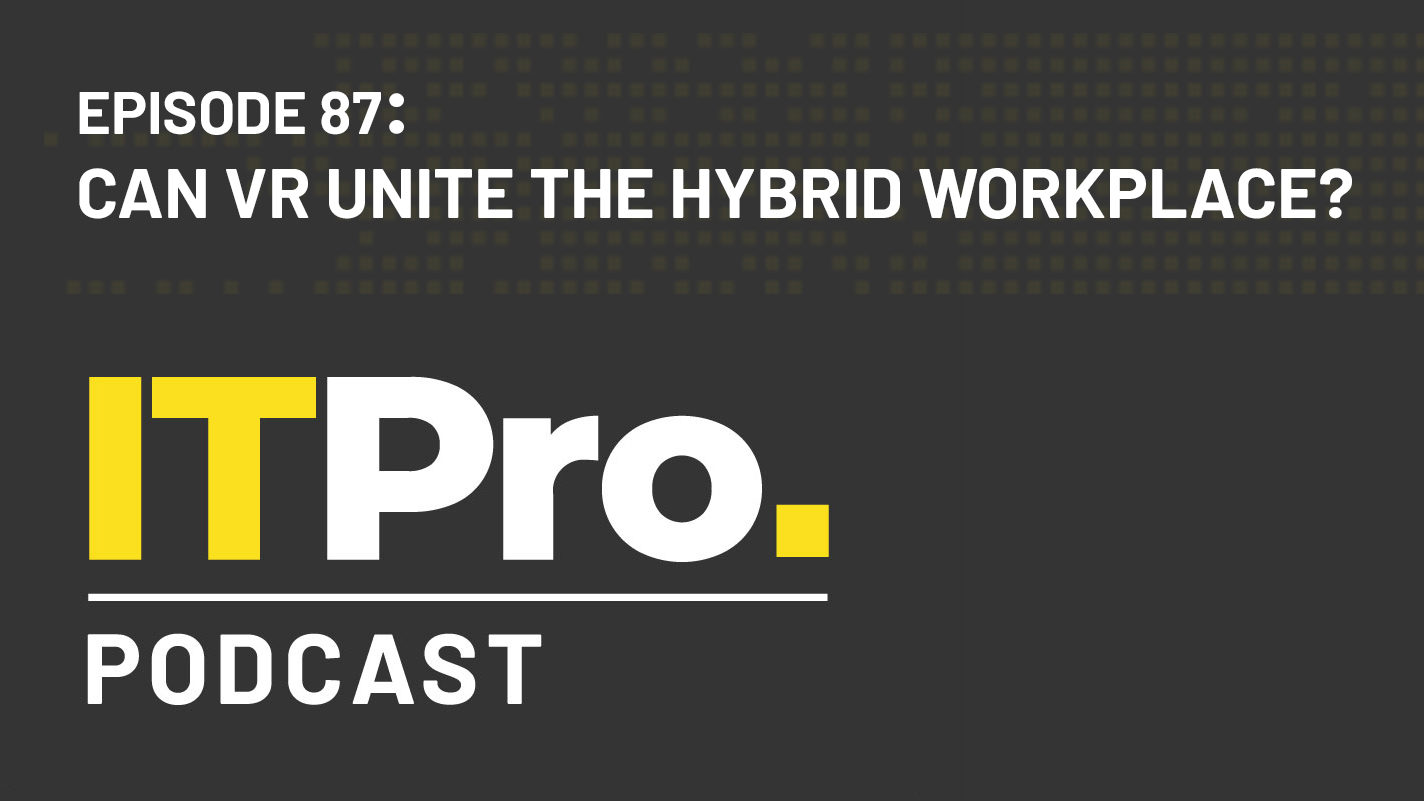 The IT Pro Podcast: Can VR unite the hybrid workplace?
The IT Pro Podcast: Can VR unite the hybrid workplace?IT Pro Podcast How one company is using virtual reality to bring its staff together
-
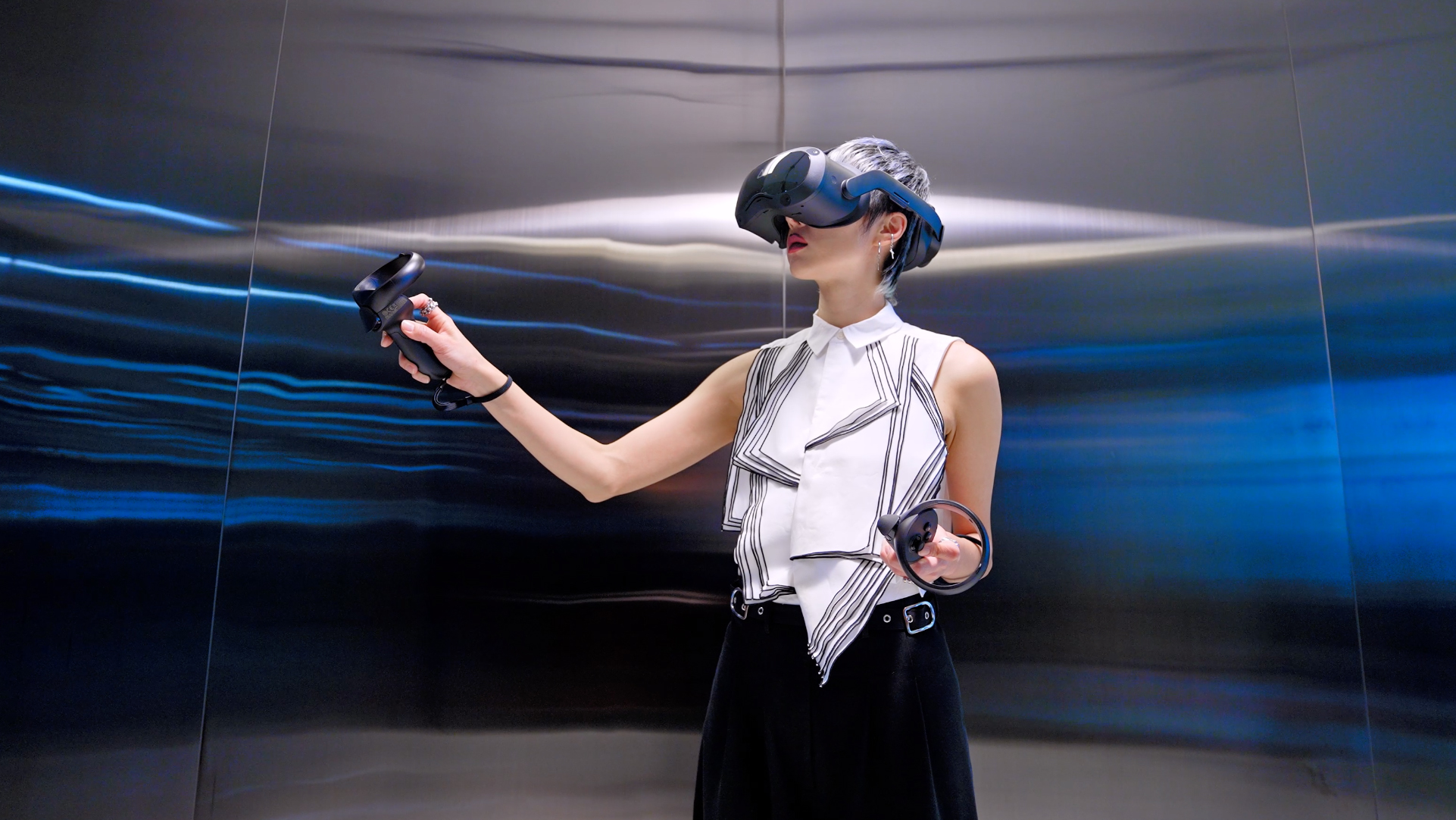 HTC launches new business-focused VR headsets
HTC launches new business-focused VR headsetsNews Vive Pro 2 and Vive Focus 3 include 5K resolution, larger field of view, and business management tools
-
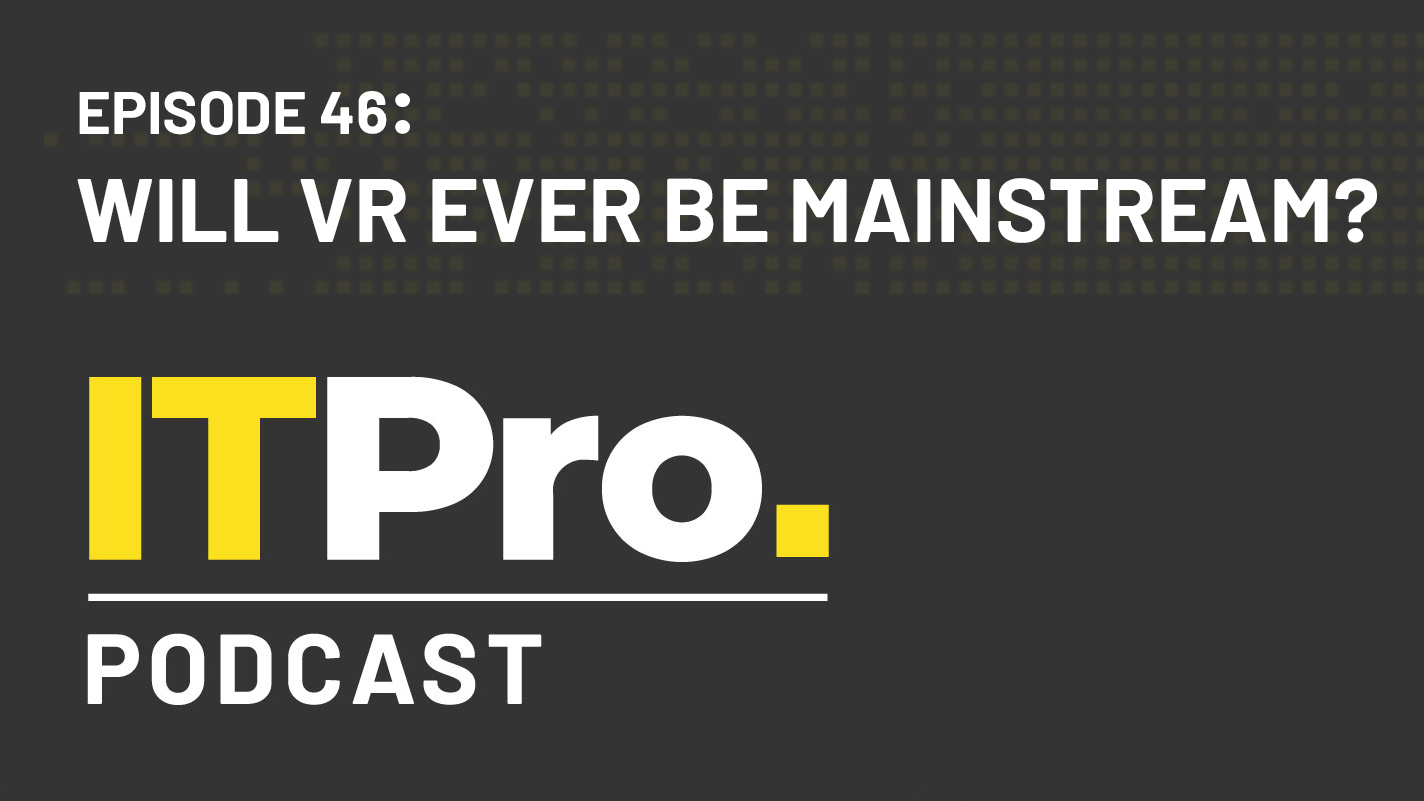 The IT Pro Podcast: Will VR ever be mainstream?
The IT Pro Podcast: Will VR ever be mainstream?IT Pro Podcast Despite years of development, VR is still a niche technology
-
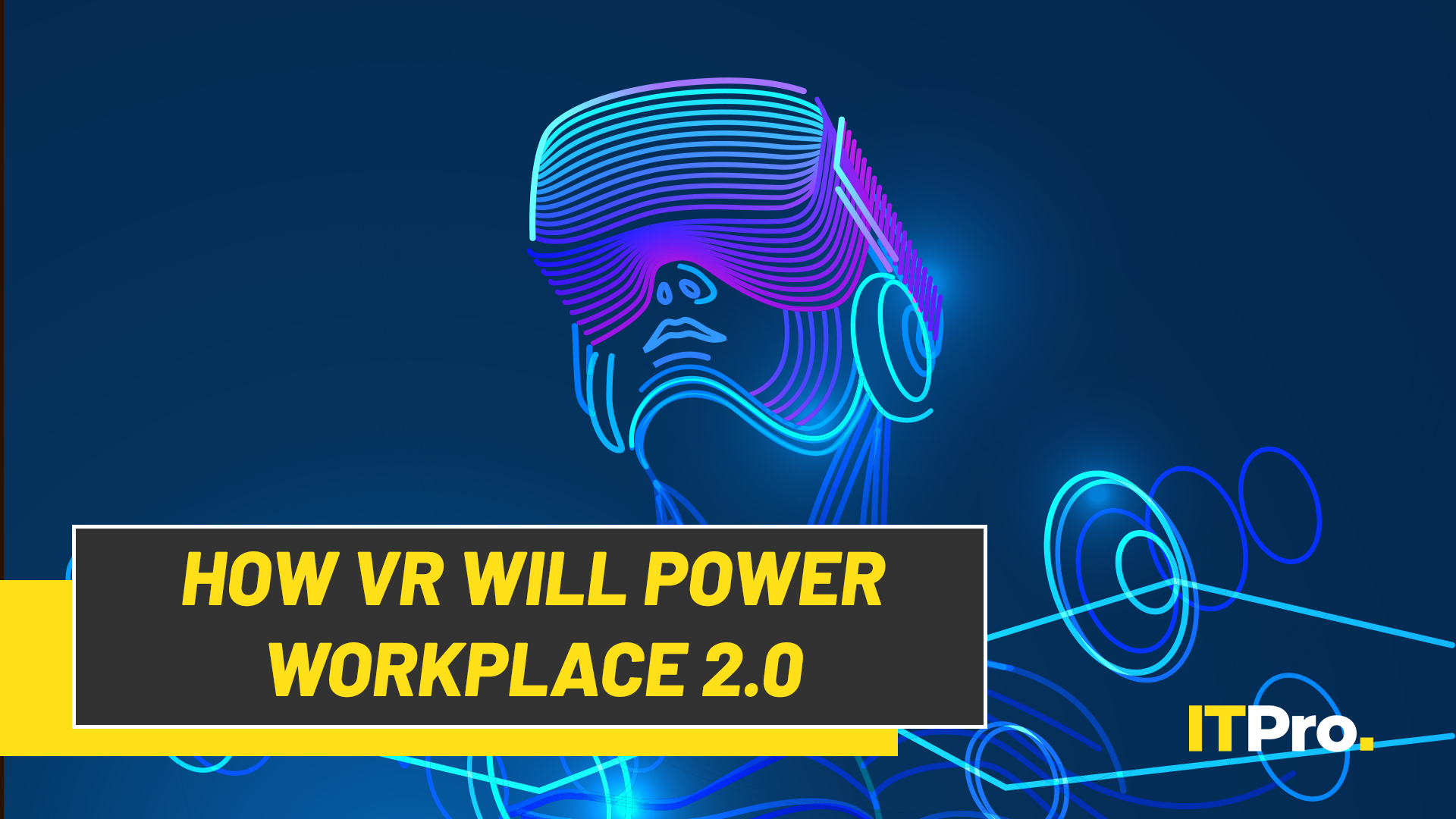 IT Pro Live: How virtual reality will power Workplace 2.0
IT Pro Live: How virtual reality will power Workplace 2.0Video The office of the future might not be a physical office at all

